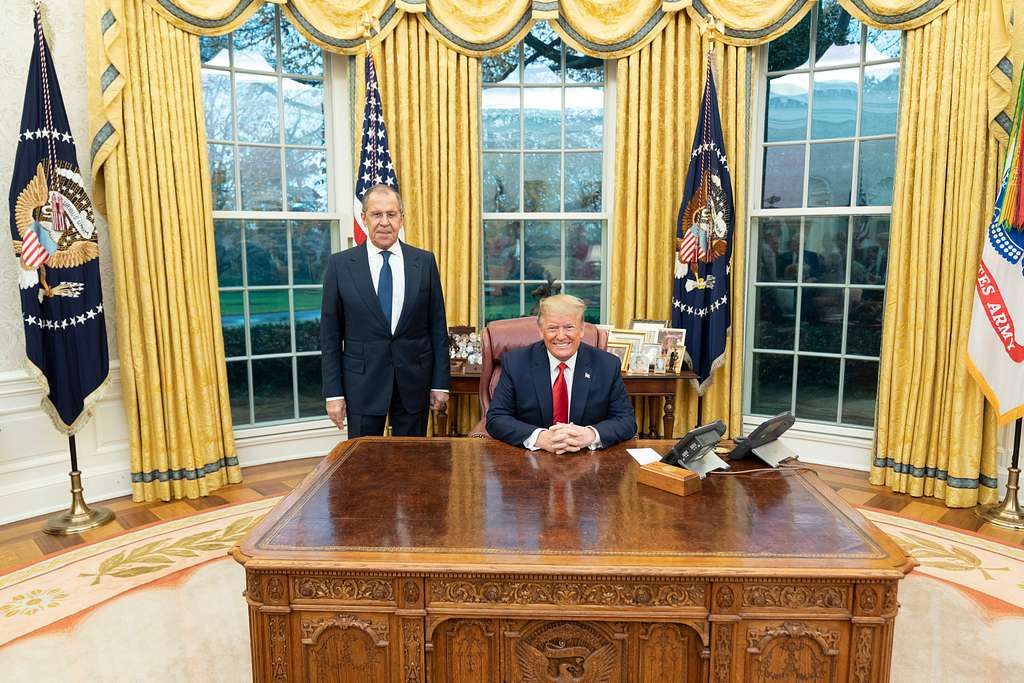Global Implications of the Meeting Between Vice President Kamala Harris and President Sheikh Mohamed bin Zayed of the UAE

The recent meeting between U.S. Vice President Kamala Harris and UAE President Sheikh Mohamed bin Zayed at the White House signifies a pivotal moment in international relations, particularly regarding the Middle East’s stability and security. As both leaders reaffirmed their commitment to enhancing the partnership between the United States and the UAE, the implications of their discussions resonate far beyond bilateral relations, affecting global dynamics, economic policies, and humanitarian efforts.
Strengthening U.S.-UAE Relations
The meeting underscores the growing partnership between the U.S. and the UAE, focusing on advanced technology, artificial intelligence, and strategic investments. This collaboration is likely to set a precedent for other nations in the region, showcasing how countries can work together to harness technological advancements for mutual benefit. The emphasis on secure AI usage reflects a global concern about the ethical and secure application of emerging technologies, influencing other nations to adopt similar frameworks.
Regional Stability and Security
One of the most pressing topics discussed was the ongoing conflict in Gaza and the need for a ceasefire and humanitarian assistance. The U.S. and UAE’s joint commitment to resolving these conflicts can lead to a ripple effect throughout the Middle East. As influential players, their coordinated efforts might encourage other countries in the region to engage in diplomatic solutions rather than military confrontations. This approach could help pave the way for a more peaceful resolution to long-standing conflicts, enhancing overall regional stability.
Humanitarian Efforts in Sudan
The Vice President’s emphasis on the crisis in Sudan highlights the humanitarian aspect of international relations. With nearly 10 million displaced individuals and 25 million in need of aid, the U.S.-UAE partnership could mobilize international support for humanitarian initiatives. By reaffirming their commitment to alleviating suffering and ensuring humanitarian access, both leaders are likely to galvanize other nations and international organizations to act, promoting a unified global response to humanitarian crises.
Economic Impact and Supply Chain Diversification
The discussions on diversifying supply chains and strategic investments also have far-reaching implications. As global economies navigate the complexities of post-pandemic recovery, the U.S.-UAE partnership can serve as a model for resilience and collaboration. By prioritizing economic diversification, both nations can set a benchmark for other countries looking to enhance their economic stability and reduce dependency on singular markets or resources.
Countering Transnational Terrorism
Lastly, the shared commitment to preventing Sudan from becoming a haven for transnational terrorist networks addresses a crucial aspect of global security. By collaborating to de-escalate conflicts and stabilize regions, the U.S. and UAE are taking proactive steps to mitigate the risk of terrorism. This commitment not only benefits their nations but also contributes to global security efforts, as a stable Middle East is essential for combating terrorism that can affect countries worldwide.
Conclusion
The meeting between Vice President Kamala Harris and President Sheikh Mohamed bin Zayed marks a significant step toward enhanced cooperation on various fronts, from technology to humanitarian efforts. The implications of their discussions extend beyond their nations, potentially influencing global policies, promoting regional stability, and encouraging collective action against humanitarian crises and security threats. As the world watches, the effectiveness of this partnership will be crucial in shaping the future landscape of international relations and global security.








